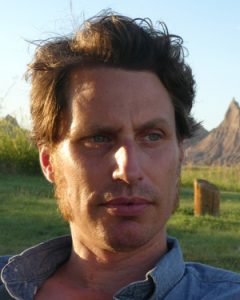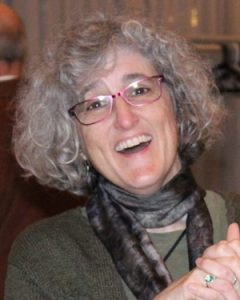Faculty Research and Collaborations
 Stewart Cole
Stewart Cole
Stewart’s research interests are located in modern and contemporary literature, animal studies, ecocriticism, utopia/dystopia, and the environmental humanities more broadly. His recent scholarly work has appeared or is forthcoming in ISLE: Interdisciplinary Studies in Literature and the Environment, LIT: Literature Interpretation Theory, Twentieth-Century Literature, Studies in the Novel, and the essay collection Literature and Meat since 1900 (Palgrave, 2019). He is also the author of two poetry collections, Questions in Bed (2012) and Soft Power (2019), both published by Goose Lane Editions. His current book project focuses on shifting conceptions of nonhuman animals and human animality in British and Irish literature during the “biopolitical watershed” of the period between the First and Second World Wars. For more on both his scholarship and poetry, see stewart-cole.com.
 Jim Feldman
Jim Feldman
Jim’s broad research interests include national parks, wilderness, sustainability, and nuclear energy. He is the author of A Storied Wilderness: Rewilding the Apostle Islands (University of Washington Press, 2011) and the editor of Nuclear Reactions: Documenting American Encounters with Nuclear Energy (University of Washington Press, 2017). His current research focuses on the history of the search for a geological repository for radioactive waste in the United States.
Click here for a video trailer of A Storied Wilderness
Click here for a teaching module on nuclear energy and debating the costs of progress drawn from Nuclear Reactions
 Misty McPhee
Misty McPhee
Long-term maintenance of captive populations, and release of captive animals into the wild, is one of many approaches to endangered species conservation. For conservation biologists working with captive populations, however, a fundamental question is: How has captivity altered the behavior, morphology, and physiology of captive-bred animals? Broadly, I am interested in how populations respond to rapid changes in their environment. Specifically, I focus on how captive-reared animals respond when they are released back into the wild. Currently, I am collaborating with the International Crane Foundation, Wisconsin Department of Natural Resources, US Fish and Wildlife Service and others on reintroducing whooping cranes into central Wisconsin. Our goal is to establish a self-sustaining migratory population of these endangered birds east of the Mississippi River. Immediately prior to working with cranes, I used meadow voles as a model system to measure how captivity altered behavior in captive animals. Click here for a short video on this work.
Environmental Studies
UW Oshkosh | Oshkosh Campus
835 High Ave. Oshkosh, WI
Sage 3003 and 3464
Contact Information
Jim Feldman, Director
Sage Hall 3451
feldmanj@uwosh.edu
